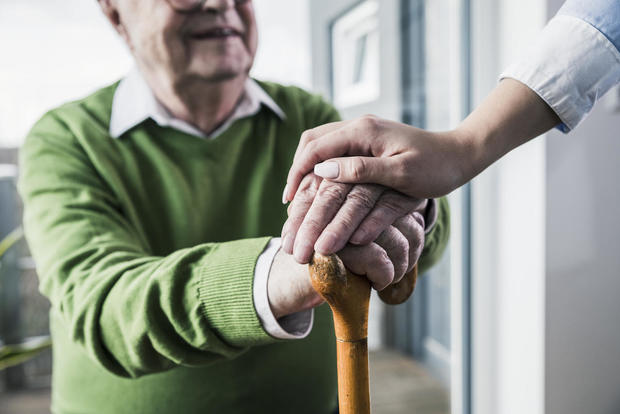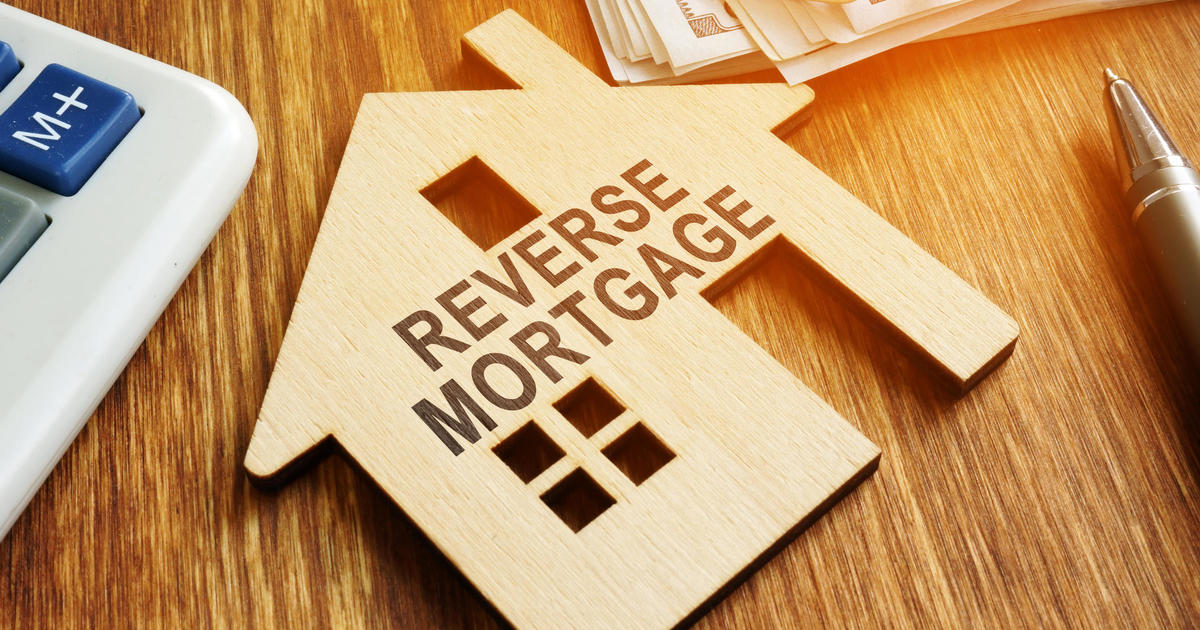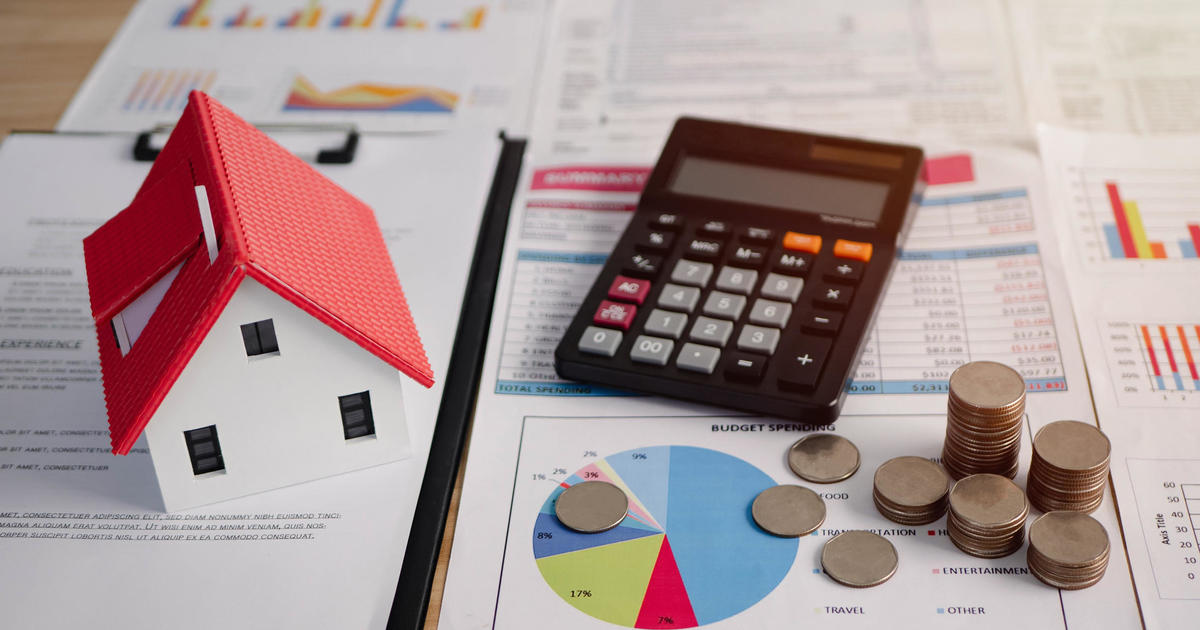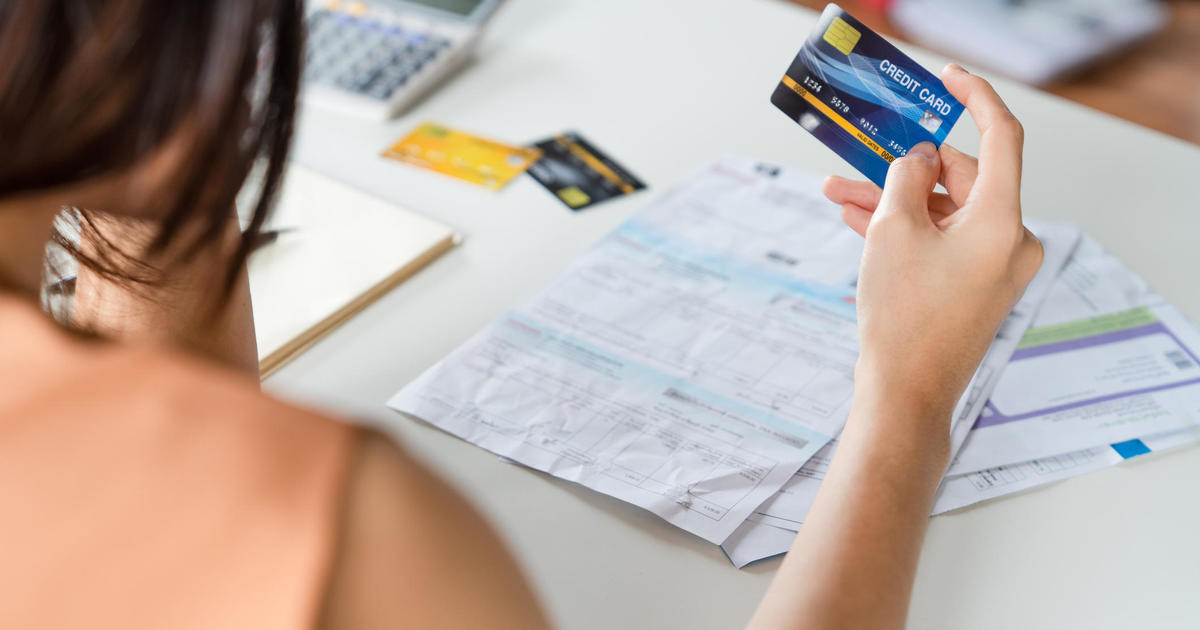Where to buy medical alert systems
Medical alert systems can offer some peace of mind if you're living alone or enjoy doing solo activities. Accidents can happen at any age, but fortunately, there's now technology available to help.
In fact, there's an array of smart tech at our fingertips - from smartwatches to mini handheld devices to GPS-enabled trackers. Medical alert systems can fit any lifestyle, whether you're an active jogger or simply enjoy the occasional long drive.
Whether you are looking for a medical alert system for yourself or a loved one, you'll want to start by comparing products and prices. The best place to start is online. Simply click on your state and see what options are currently available.
Where to buy some of the best medical alert systems
You may be asking yourself, "Are medical alert systems worth it?" If you're already scouring the internet for a medical alert system, then chances are there's likely a good reason for it.
Medical alert systems offer a variety of benefits. They can detect falls and can automatically call an emergency contact for help. Many come equipped with a GPS and WiFi, allowing your close family and friends to pinpoint your location in the event of an emergency. In serious emergencies, a medical alert device can even dispatch an ambulance or contact local authorities if needed.
If you're concerned about yourself or a loved one, it's time to invest in a medical alert system. While giving you peace of mind is a plus, it can also help protect and keep your loved ones safe, which is priceless.
Here are some of the top companies for medical alert systems, including Medical Guardian, which prides itself on having a 24/7 monitoring center that can offer "lightning-fast" responses and "round-the-clock" protection.
There are also ways to get free and discounted medical alert systems if cost is a concern. There are programs through Medicaid or the U.S. Department of Veterans Affairs (VA) that offer medical alert systems, though they aren't open to everyone. Eligibility can vary by state, so make sure to contact your local government offices with inquiries.
How to choose a medical alert system
It's easier than ever to view and buy medical alert systems online. With Medical Guardian, you can even take a short quiz to help determine which products may fit your needs best.
The cost of medical alert systems varies based on the system type, features and functionalities of the product. Most systems typically cost anywhere between $20 to $30 per month, excluding equipment, installation or activation fees, according to the National Council on Aging. You may also have to pay more if you require specific services.
There are typically two types of systems you will need to consider, both of which are fairly self-explanatory:
- On-the-go systems: You're looking for a wearable or handheld device that can easily move with you or your loved one wherever you go. This includes products like smartwatches, a portable GPS fall-detection button, a well-connected mobile GPS equipped with 4G, WiFi, GPS or more.
- Home systems: You want a home-based system equipped with a smart voice assist button that syncs with a designated necklace or wristband. You can also get an at-home device that connects to your landline (if you don't have mobile connectivity) and also syncs with a necklace or wristband. Both of these types of systems offer a long-lasting battery life and up to 1,400 feet of protection.
There's a variety of medical alert systems to choose from on sites like Medical Guardian, which you can sort by technical features and available add-ons, such as full detection, a wall-mounted help button and special alerts.
How a medical alert system works
The process is simple. Essentially, most medical alert systems follow these three steps:
- Press your medical alert help button: To get immediate help, simply press your medical alert button to call for assistance.
- Get patched into a 24/7 emergency monitoring system: A team of operators will be available 24 hours a day to answer calls and offer assistance.
- Receive assistance: Operators will assess the situation when your medical alert help button is pressed. If you're unable to explain your situation, then emergency medical services will be dispatched to your location. If your situation isn't an emergency, then operators will reach out to your emergency contacts (family members, friends, etc.)
"Medical alert systems or personal emergency response systems, are devices that signal a monitoring center in critical emergency situations to summon help from professional emergency medical personnel. They can also alert emergency contacts such as family members, neighbors, and caregivers. When a Medical Guardian device is activated, typically by pressing a button, the user will be connected with a 100% U.S.-based, Five-Diamond Certified monitoring center, which will assess the situation to secure help in case of an emergency," Medical Guardian explains on its website.
If you're concerned about falling or feel unsteady, then make sure your equipment includes fall technology. That way, if you fall or get injured and are unable to move, the tech will detect that a fall has occurred and automatically call an emergency response team to assist you.
Have more questions? Reach out to a medical alert systems professional who can help.




